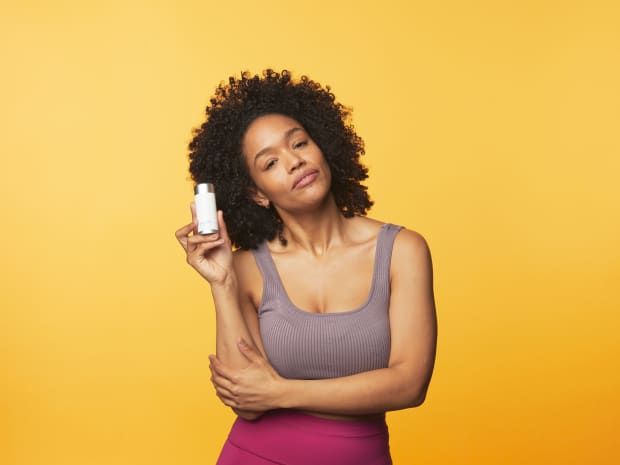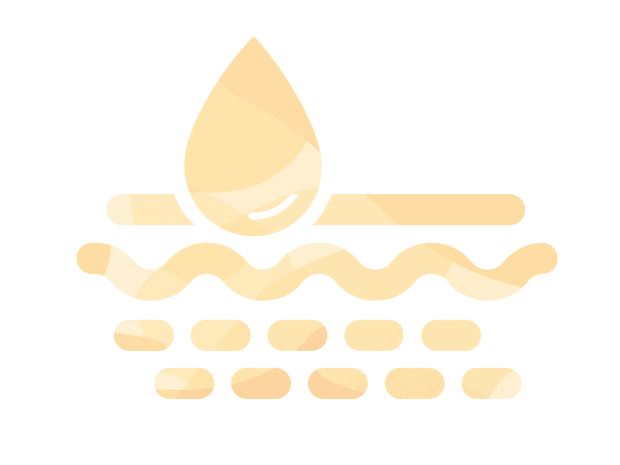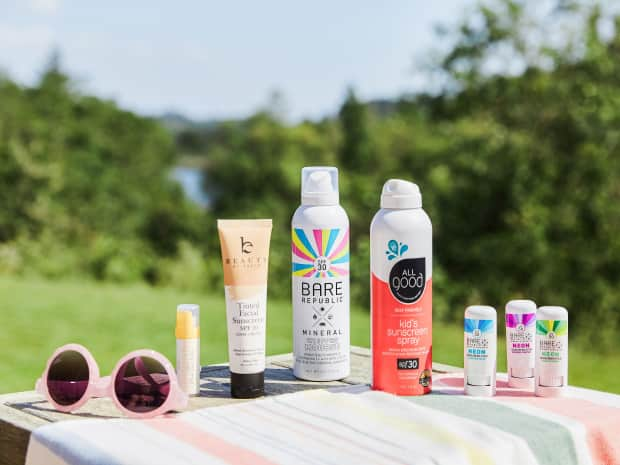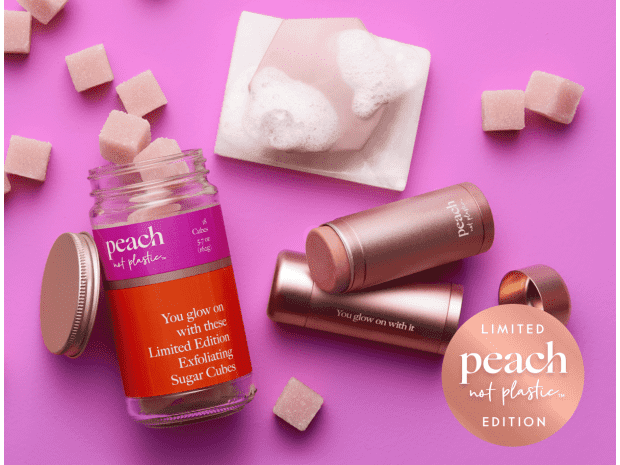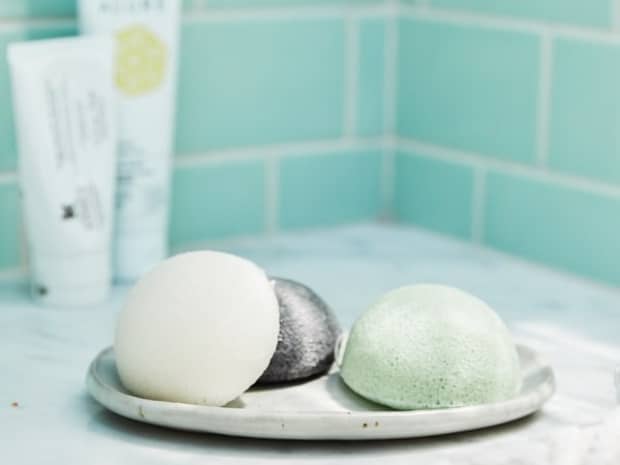AHAs
“AHA exfoliants, like glycolic acid and lactic acid, have natural hydrating abilities which makes them a good choice for dry skin. They also help minimize pores, treat hyperpigmentation, and are ideal for people with aging skin.” The downside? “AHAs are a more potent acid that drives deeply into the skin — this leads to more drastic results, but can also cause redness and irritation.”

